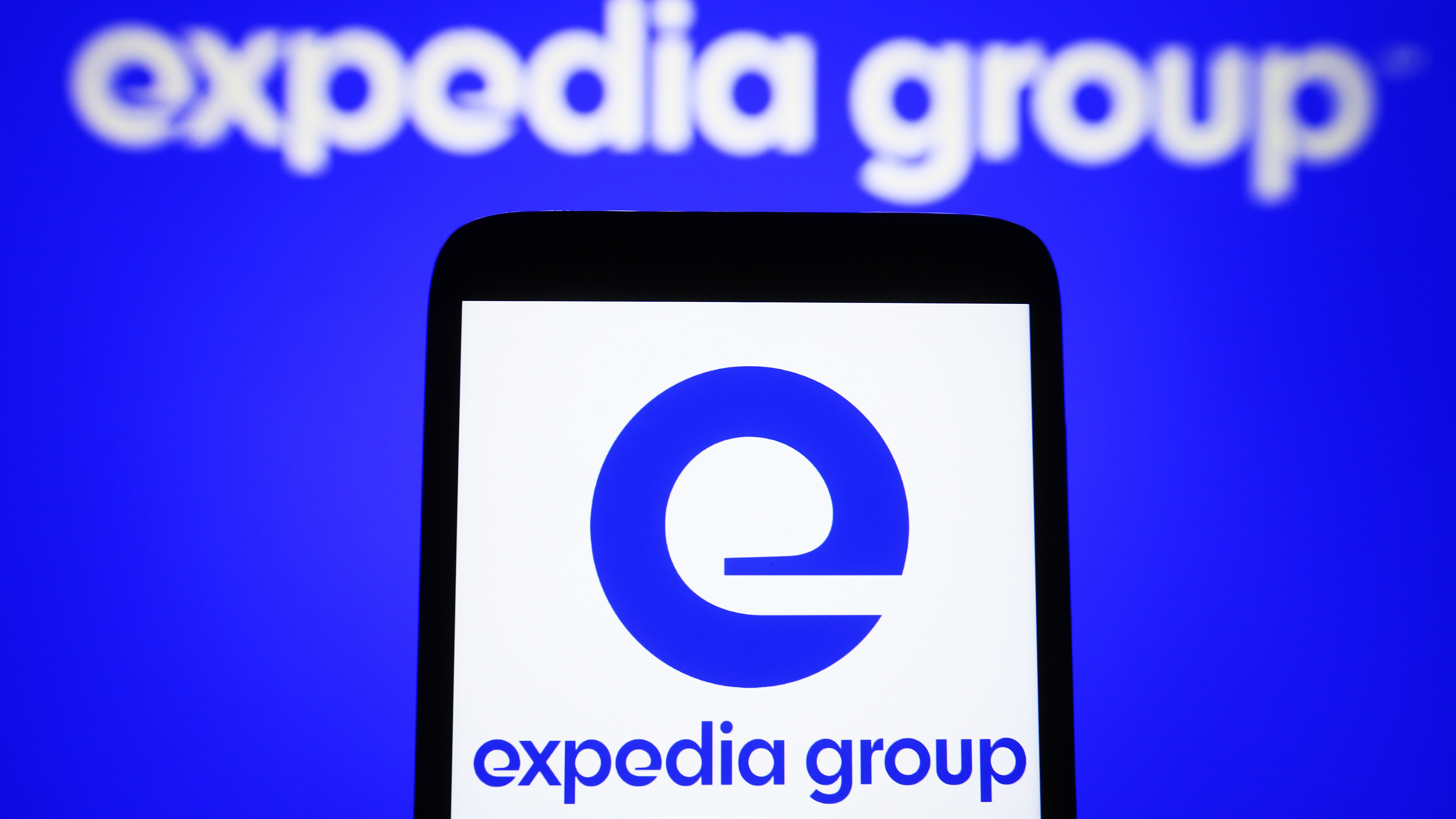How Expedia Group used platform convergence to harness the efficiency of generative AI
Expedia Group accelerated its adoption of AI tools like GitHub Copilot through platform convergence, unifying its tech stack and reducing internal complexity


Sign up today and you will receive a free copy of our Future Focus 2025 report - the leading guidance on AI, cybersecurity and other IT challenges as per 700+ senior executives
You are now subscribed
Your newsletter sign-up was successful
Unless you’ve been living under a rock for the last year or so, you’ll know that the generative AI boom is well underway, with businesses of almost every size in almost every niche rushing to adopt the technology.

As many firms have subsequently found, though, the process of working this technology into existing practices and workflows is rarely straightforward. Travel industry giant Expedia Group is taking on the challenge by adopting a holistic approach to generative AI. Through a three-year-long period of back-end unification, Expedia has been able to gear its entire platform to utilize generative AI, from developer to customer.
“We started this journey about three years ago and, if you look [back then], Expedia was very brand-driven,” Shiyi Pickrell, SVP of Data & AI at Expedia Group, tells ITPro. She explains how each brand in the Expedia Group – Hotels.com, Expedia, and Vrbo – had its own distinct back-end technology. “That’s [a lot] to maintain, and [hinders] the company from going faster.”
“For example, if [we wanted] to deploy a machine learning (ML) model, we had 10 different ML platforms.”
To navigate this obstacle, Expedia focused on a process of what Pickrell describes as “platform convergence,” a digital transformation project in which it consolidated its ML and AI platforms into one unified tech stack to create a more streamlined, efficient approach to AI.
“Now the three major brands are all on the same back end platform, and a lot of the internal things that my team cares about, like ML platform work or AB testing platforms, we [consolidated] down to one.”
With all these tools on the same platform, Expedia has accelerated its new product launches and rolled out new AI tools such as the AI pair programmer Github Copilot throughout the whole company.
Sign up today and you will receive a free copy of our Future Focus 2025 report - the leading guidance on AI, cybersecurity and other IT challenges as per 700+ senior executives
Building on platform convergence to adopt AI tools
Pickrell, the former director of data science at Microsoft, went on to describe how Expedia overhauled the back end of operations by bringing in Github Copilot to aid developers.
“As a tech company we are always looking for how [we can] improve the productivity of our software developers,” Pickrell tells ITPro. Using GitHub Copilot, data engineers can save hours on data infrastructure or data cluster tasks, Pickrell says, as they can just ask Github Copilot for a recommended data cluster instantly.
If Expedia finds that an application has lower availability or reliability, Github Copilot can be used to add unit tests into the release process of certain products. While it’s still early days for these tools within the company’s tech stack, Pickrell tells ITPro that Expedia saw “promising results” from the tool during the initial parts of the phased rollout. Teams throughout the firm have been vocal about their enthusiasm for Copilot.
RELATED WEBINAR

“Back in May 2023, we created a [generative AI] steering committee to establish a set of principles and decision-making process on how to identify value from generative AI solutions,” an Expedia spokesperson tells ITPro.
“GitHub CoPilot was one of the products we discussed that met our bar for enterprise consumption," the spokesperson adds.
“We started rolling it out to small groups across multiple tech teams to test and learn, and the response from our developers was overwhelmingly positive.”
Tackling AI problems head on
Though platform convergence helped Expedia to adopt AI more smoothly, its transformation didn’t come without hurdles. Many of these have aligned with the fundamental problems enterprises face when integrating AI. Hallucinations, for example, reared their head as Expedia experimented with generative AI use. “People worry about hallucinating … that's a common concern,” Pickrell says.
Pickrell describes how the AI models Expedia would use would often learn the patterns of its property IDs incorrectly, making the process of accurate generative responses problematic and erroneous. “Once they learn a pattern, they form their own [predictions],” Pickrell admits.
To mitigate against these issues and prevent AI threats, Expedia optimized its AI use to include more rigorous guardrails and enhanced levels of fact-checking, to prevent its AI tools from giving any false information to internal teams or customers.
Acknowledging the need for ethical AI, Pickrell tells ITPro that Expedia created an internal ‘Responsible AI council’ to ensure that generative AI tools were being rolled out with best practices in mind.
It also maintained a focus on the practical use of AI, keeping one eye on scalability while the other rested firmly on innovation. “We didn’t just build … one-off solutions,” Pickrell says. “Every time [we thought,] okay, how can we scale this?” This, Pickrell explains, helps ensure Expedia is always prepared for expansion or upgrade depending on what new AI or machine learning platforms need to be used.
A practical approach to future AI use
To ensure that these generative AI rollouts have a tangible impact on Expedia’s bottom line, the company looked at a combination of the effort put in versus the reward that comes out.
“We track how much computation … each model uses, as well as [the] incremental revenue it generates,” Pickrell says.
In doing this, Expedia is able to make sure it's always seeing a real-world profit benefit from its AI pursuits. Expedia focused on its generative AI transformation not simply because the technology was available or because it seemed like the natural thing to do, but because it “pays off,” Pickrell says, before adding that its benefits can be felt both internally and externally. “I also want to make sure the model actually impacts people's lives,” Pickrell adds, noting that success for AI tools should be defined in part by how they improve digital experience for the end-user.
“After this three-year transformation we are already seeing we can launch new features faster, we can leverage new technology like [generative] AI faster,” Pickrell says.

It also allows Expedia to “maximize the data’s impact” to help drive more efficient, data-driven decisions. Going forward, Pickrell tells ITPro that Expedia will continue to innovate in the generative AI space, rolling out more complex customer-facing features and time-saving devices for employees in various departments, such as internal call center agents.

George Fitzmaurice is a former Staff Writer at ITPro and ChannelPro, with a particular interest in AI regulation, data legislation, and market development. After graduating from the University of Oxford with a degree in English Language and Literature, he undertook an internship at the New Statesman before starting at ITPro. Outside of the office, George is both an aspiring musician and an avid reader.

